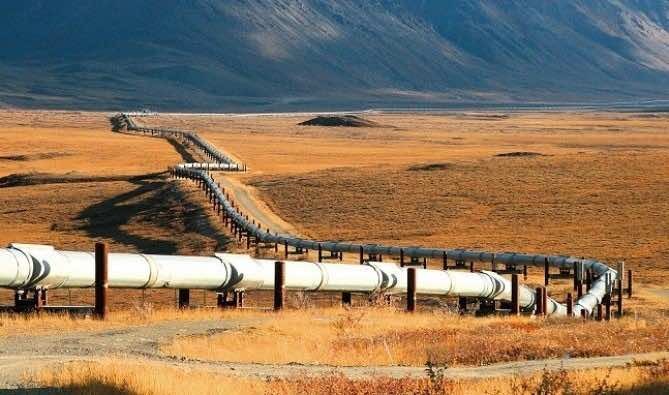Nigeria-Morocco gas pipeline poised for major milestone in 2025

The Nigeria-Morocco gas pipeline project, a cornerstone initiative for African economic integration and development, is set to achieve a significant milestone in 2025.
Morocco plans to issue tenders for the initial phases of the project, particularly for sections crossing its territory, according to reports by Asharq Al-Awsat.
The tenders are part of the 2025 Action Plan developed by Morocco’s National Office of Hydrocarbons and Mines (ONHYM).
The initial phase will cover Morocco, Mauritania, and Senegal, with additional agreements for gas transportation expected next year.
A private company will be established to oversee the pipeline’s construction, operation, and maintenance, as outlined in official documents.
Stretching over 5,600 kilometers, the transcontinental pipeline will traverse 16 countries, primarily along Africa’s Atlantic coast, linking directly to the Maghreb-Europe gas pipeline and the European gas network.
This ambitious infrastructure project aims to transform Africa’s energy and economic landscape, offering a direct link between Africa and Europe.
“This is a project of peace, African economic integration, and co-development—a project for both current and future generations,” stated King Mohammed VI in a 2022 address.
The pipeline is envisioned to serve more than 340 million people, including those in some of Africa’s most remote regions.
Morocco, which will host 1,672 kilometers of the pipeline, has already secured multiple partnerships.
In June 2023, ONHYM signed four protocols of agreement with the Nigerian National Petroleum Company Limited (NNPC) and petroleum operators from Guinea, Liberia, Benin, and Côte d’Ivoire.
These agreements build on earlier partnerships with nations like Mauritania, Senegal, Gambia, Guinea-Bissau, Sierra Leone, and Ghana.
The project holds promise for regional energy diversification, industrialization, job creation, and economic growth.
Beyond Africa, the pipeline is expected to bolster Europe’s energy security amid global geopolitical uncertainties, further enhancing Morocco’s position as a key energy hub and a leader in the global energy transition.
While the pipeline’s success depends on robust coordination, substantial financing, and geopolitical stability, the collective commitment of partner nations and strategic stakeholders is driving this visionary project closer to reality.
It offers a bold solution to the energy challenges of both continents.
About The Author
dailymailafric
I am an avid African news observer, and an active member of Daily Mail Africa.
I’m Passionate about staying informed on diverse topics across the continent,
I actively contribute to publishing on political, economic and cultural developments in Africa.



